Exact Answer: 30-120 seconds
A person needs to hold his breath as long as possible. Though it is unnecessary for daily life, it may help you in emergencies like a person drowned in water. Breath-holding capacity can say how healthy a person is. It may also be related to the mental health of a person.
All you need to do is practice holding your breath and improving as it does not occur in a single day. The record for holding breath might be a difficult task. Aleix Segura Vendrell from Barcelona, Spain, set the Guinness world record for holding breath 24 minutes and 3 seconds in 2016.
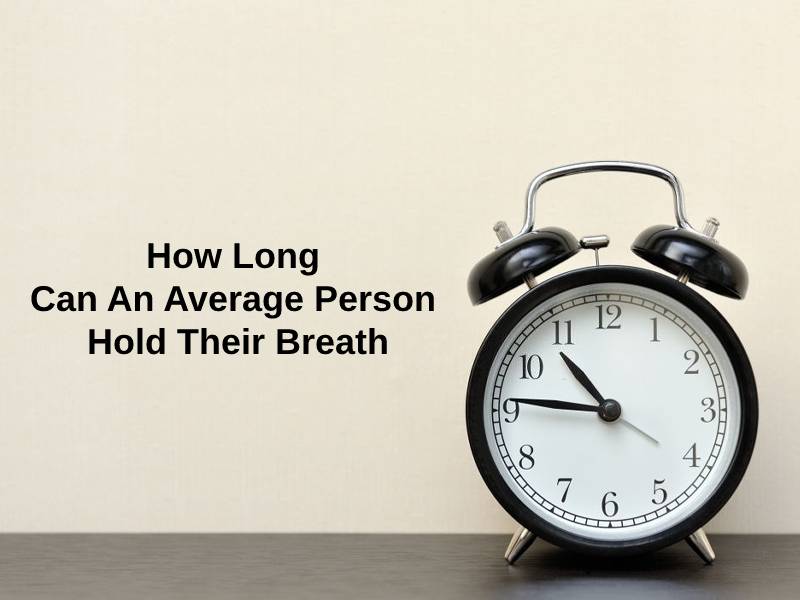
How Long Can An Average Person Hold Their Breath
Our breath-holding capacity may depend on our Lung’s volume. So, it is clear that a person with more lung volume can hold breath for a long time. Hence, we can say that men have lung capacities higher than Women by 10-12% likely. However, researchers still do not acutely explain how a person could keep going to hold breath for more than twenty minutes.
An interesting fact is that humans can hold their breath twice in water than on land. The reason is that mammals, including humans, have developed a conditional reflex to conserve oxygen underwater.
This ‘diving reflex’ contracts blood vessels in some parts of the body, like the limbs. Contrarily the two organs which require constant oxygen brain and heart, get a continuous supply of oxygen.
The time taken by a person to hold their breath would depend on the health condition of that person. If the person is well trained, he can do it for more time than an unhealthy person can hold their breath.
Here is what happens when an untrained person go to hold the breath
| Time Limit in seconds | Effect on Body |
| 0 to 30 | may feel relaxed |
| 30 to 120 | An uncomfortable feeling starts in the lungs. CO2 begins to build up in blood |
| 120 to 180 | The stomach starts to contract and convulse faster. |
| 180 to 300 | Lightheaded feeling starts and oxygen is reduced in blood |
| 300 to 330 | Muscles start to shake |
| Beyond 330 | A person might blackout beyond 6 minutes. |
Why An Average Person Can Hold Breath That Long?
Breath-holding capacity may vary from person to person. Age and Gender also influence our breathing capacity. Research shows that a person with a long trunk can have a high capability of Lung functioning. Generally, in the breathing process, a person inhales oxygen and exhales CO2. This process will come to a halt only if a person dies.
Many organisms need oxygen to survive. Carbon dioxide is released from the body through the nose. While holding breath, a person can utilize the leftover oxygen for body functioning. After the oxygen is used and the accumulation of carbon dioxide occurs, our body needs oxygen very severely.
In this situation, a person gradually experiences changes in the body like muscle shaking. After a few minutes, the person will blackout. The people who set records for holding breath follow a Hyperventilate technique. In this method, a person breathes rapidly so that an excessive amount of carbon dioxide is exhaled. Hence, it helps in holding breath for a long time.
Hyperventilate technique helps to get rid of carbon dioxide from the lungs. In a few instances, psychology plays a significant role in holding breath; however, not in all cases.
Additionally, holding a breath for too long can have some side effects like nitrogen narcosis, in which nitrogen gases accumulate in blood to feel disoriented, pulmonary edema where fluid builds up in the lungs, brain damage, lung injury, and so on.
Conclusion
In Yoga, it is popular to inhale and exhale breath followed by holding breath for a few seconds. That means it is beneficial in good health. However, we should not try to keep our breathing holding for too long as it may lead to fatal in some instances. We need to practice it regularly.
A few seconds in which a person holds breath can experience much change in the body. However, people who undergo training can hold their breath for a few more minutes than an average person. There are also many techniques which help us to do so.





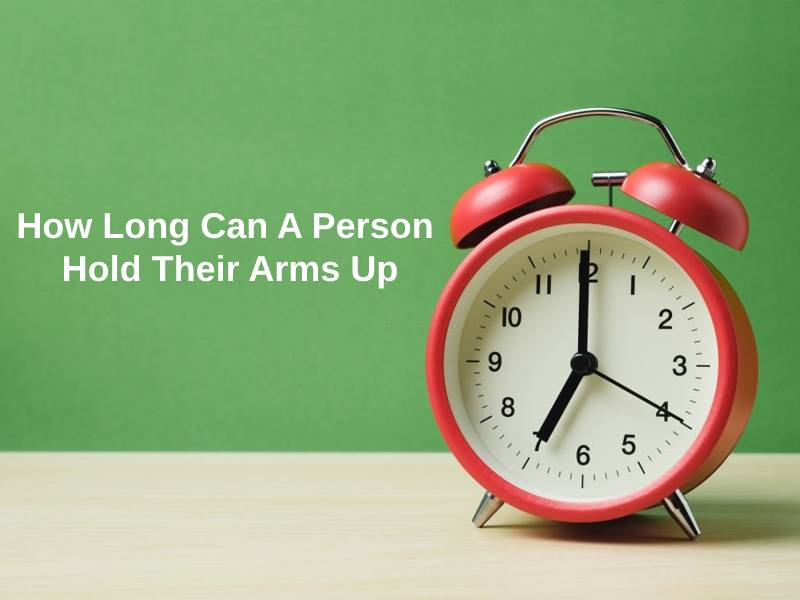







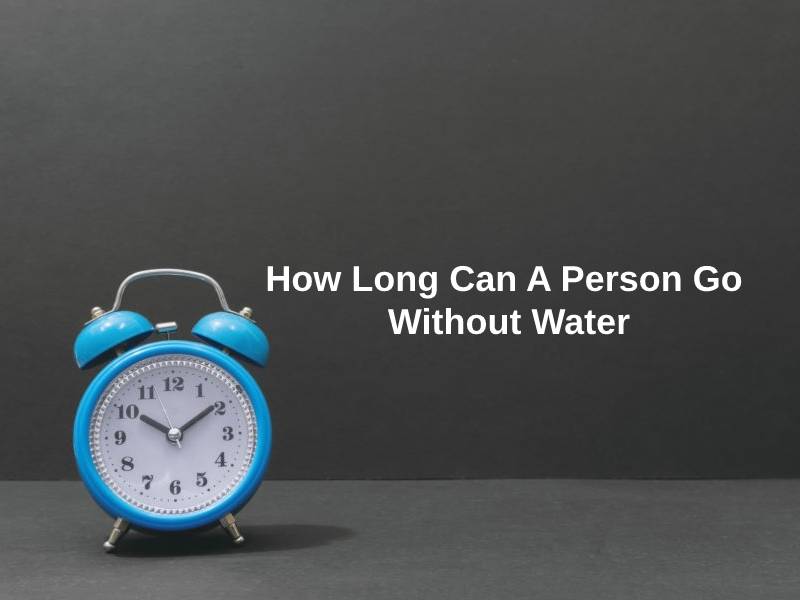
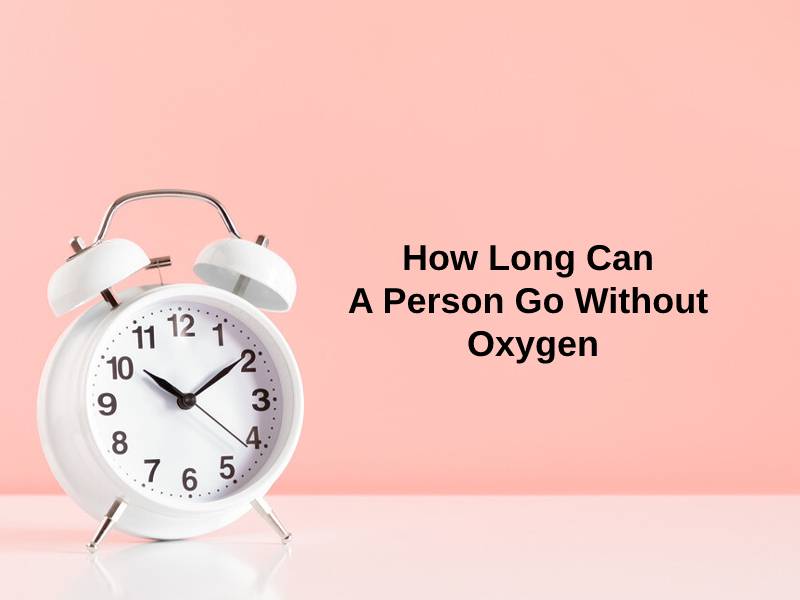
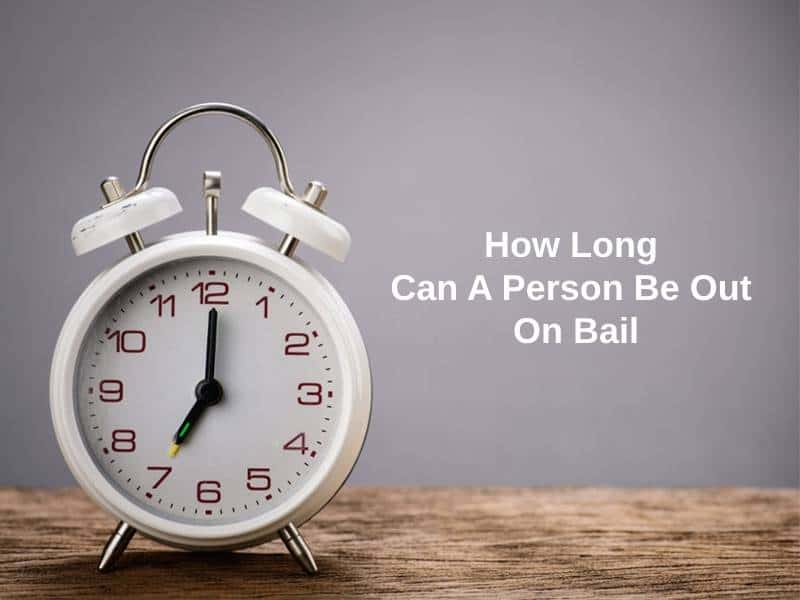




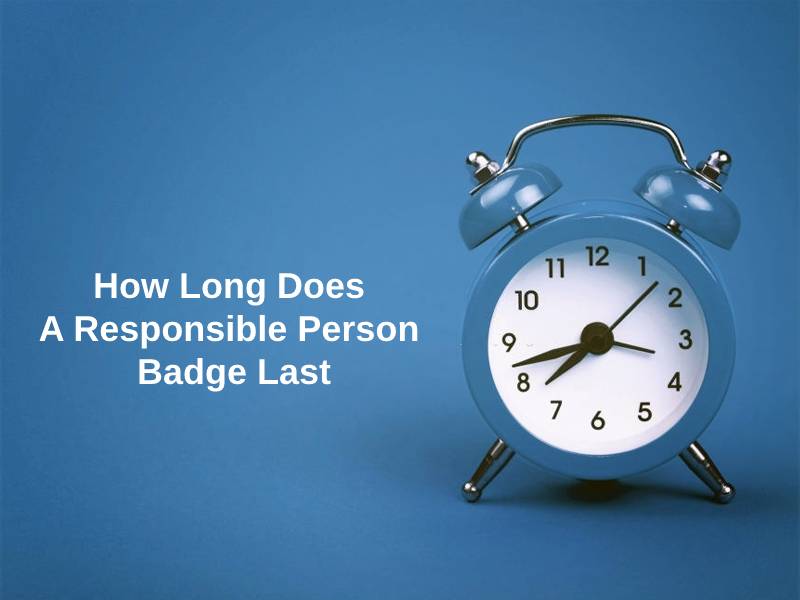
There’s a lot to learn from this, but is the average person capable of performing these techniques?
That’s a valid point. It might require training.
It’s certainly a challenge, but not impossible.
I’m skeptical about the psychological aspect influencing breath-holding. Is it really that significant?
I’m skeptical too. That’s something worth investigating further.
Seems like a dubious claim.
I have some concerns about the potential risks of breath-holding. Is it really safe?
It’s a valid concern, the risks should be taken seriously.
We can’t ignore the potential dangers this might pose.
It seems like there’s a lot of potential risks involved. I’m not convinced this is advisable.
I share the same sentiment.
The article provides a great insight into the topic. Everyone can benefit from this information and may save lives in dangerous situations.
I agree. This is something everyone should be aware of.
It is interesting. In fact, I intend to read more about this.
The methods referenced in the conclusion seem beneficial, but the potential side effects are concerning.
Absolutely, safety should always be a priority.
I also have reservations about the possible risks.
Interesting, but is there a safer way to improve lung capacity?
I agree, safety should always come first.
That’s a great question. We need to consider alternative methods.
I find this information quite fascinating! I didn’t realize there were so many factors influencing one’s breath-holding capacity.
It’s good to know. I wonder how these mechanisms could be applied in practice.
Absolutely, there’s so much more to learn about this.
Interesting, but it seems unrealistic for the average person to safely attempt extreme breath-holding.
Safety is paramount when considering these practices.
It’s certainly not something to take lightly.
This information may be useful, but some details could be dangerous to know
Yes, it’s a bit alarming.
I see your point.